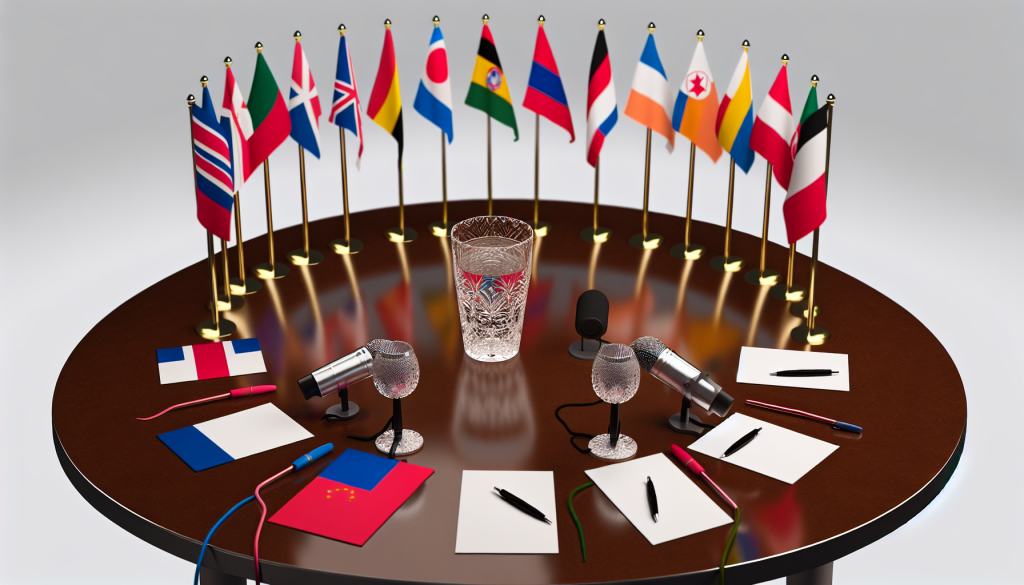Escalating Tensions: Russia and Ukraine Exchange Accusations of Drone Strikes
In the ongoing turmoil between Russia and Ukraine, the rhetoric around drone strikes has intensified, with both countries accusing each other of carrying out deadly attacks on civilian areas. This escalation occurs as Ukrainian President Volodymyr Zelenskyy gears up for a significant week of diplomacy at the United Nations General Assembly in New York. Leaders from around the world are expected to discuss the ramifications of the more than three-year conflict between the two nations.
Recent Developments
Reports indicate a troubling uptick in drone strikes targeting civilians. Ukrainian authorities assert that Russian forces have launched attacks on populated areas, leading to substantial casualties. Conversely, the Russian government has claimed that Ukraine is responsible for similar strikes that have impacted civilian regions within Russian territory. This mutual blaming highlights the increasingly fraught atmosphere as neither side appears willing to de-escalate tensions.
Diplomatic Efforts at the U.N.
Zelenskyy’s participation at the UN General Assembly comes at a crucial time, as the global community looks for solutions to the protracted conflict. His agenda includes pushing for a ceasefire agreement, alongside proposals for a high-stakes summit with Russian President Vladimir Putin. However, responses from Moscow suggest skepticism towards the proposed peace initiatives, indicating that reaching a resolution may still be a distant goal.
The Human Cost
The toll of the conflict on civilians has been devastating. Images emerging from affected areas, such as Zaporizhzhia, depict firefighters rescuing victims from the rubble following strikes. These harrowing scenes serve as a stark reminder of the human cost of the ongoing violence. As both nations continue their military operations, the protection of innocents remains an urgent concern.
International Reactions
The international community has been following the developments closely. Various countries and organizations have offered their support to Ukraine while condemning the strikes on civilians. These reactions reflect a broader concern for human rights and humanitarian principles in warfare, stressing that civilians should never be the targets of military action.
Future Implications
As Zelenskyy navigates diplomatic corridors at the UN, the question of who will ultimately broker peace remains at the forefront. The ongoing accusations and military actions raise alarms about the potential for further escalation and prolonged suffering for civilians caught in the crossfire. Each passing day, as tensions mount, the possibility of finding common ground dwindles, underscoring the urgent need for meaningful dialogue and resolution.
A Fragile Situation
The current landscape is characterized by fragile dynamics, where one misstep could spiral into wider conflict. While the world watches and awaits stronger action from global leaders, the situation on the ground remains precarious. With lives at stake and diplomatic channels open but fragile, both Russia and Ukraine must consider the far-reaching consequences of their ongoing hostilities.
These developments lay bare the complex interplay of military aggression and international diplomacy, illuminating a path fraught with challenges yet pivotal for peace. As President Zelenskyy prepares for intense discussions, the global audience remains attentive, hopeful for a breakthrough that has seemed elusive for years.

